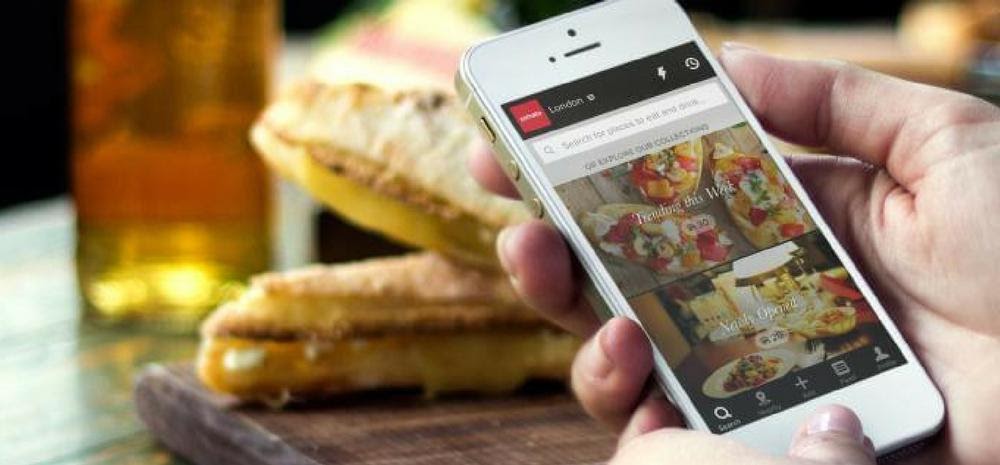
Zomato and Swiggy and other similar food delivery services would be forced to pay GST not only on supplies from registered eateries but also on supplies from unregistered businesses.
Swiggy, Zomato, Ola, Uber Will Charge 5% GST From Customers!
Not just food, now you have to pay 5% GST on all rides purchased online!
The Union government has decided to levy a 5% GST on all rides purchased online and this is going to happen from January 1, 2022. Now when you book your cabs or auto from the apps like Ola and Uber, expect to pay more for the services you use.
In a statement, the Revenue Department, which is part of the Finance Ministry, cancelled the GST exemption for auto-rickshaws that provide passenger transportation services on online platforms.
“Since the place where food is delivered will be the point where tax is collected, the Swiggy-like operator who will be collecting tax will pay up the GST on it.”
Earlier the Indian Union Finance Minister Nirmala Sitharaman at a press meet after the 45th GST Council meeting in Lucknow, Uttar Pradesh said
There is a circular released by the Finance Ministry which tells that food delivery services will have to pay GST not only on supplies from registered eateries but also on supplies from unregistered businesses under the new regime.
The new system’s implementation on January 1.
“ECOs will be liable to pay GST on any restaurant service supplied through them including by an unregistered person,” the circular said.
EY India Tax Partner Bipin Sapra said “this change will have an immediate impact on working capital of taxpayers who are currently availing credit of 105 per cent of matched credit. The change will also mandate industry to validate that the procurements are made from genuine and compliant vendors.”
Revised GST Laws
The GST law has been revised to allow GST officers to visit premises without a prior show-cause notice to recover tax dues in circumstances where taxes paid in GSTR-3B are lower due to suppressed sales volume than supply information provided in GSTR-1.
The measure is meant to reduce the risk of fraudulent invoicing, in which sellers report larger sales in GSTR-1 to allow customers to claim ITC, but reduced sales in GSTR-3B to reduce GST liabilities.
“E-com operators may be asked to obtain registration in each State where restaurants are located even if they don’t have a presence and undertake all the regular GST compliances even if they don’t have any infrastructure in the State. It may become a challenge to handle audits and investigations in all the states esp. for startups and new E-com operators,”
Nexdigm Executive Director (Indirect Tax) Saket Patawari
“Given that restaurants sometimes supply goods along with restaurant services, an invoice may have multiple payments by multiple people and hence would involve the complexity of operations. This practice of laying a burden on E-Commerce operators for supplies made through them is putting additional burden on a platform which is just facilitating the supply,” Sapra added.

Comments are closed, but trackbacks and pingbacks are open.